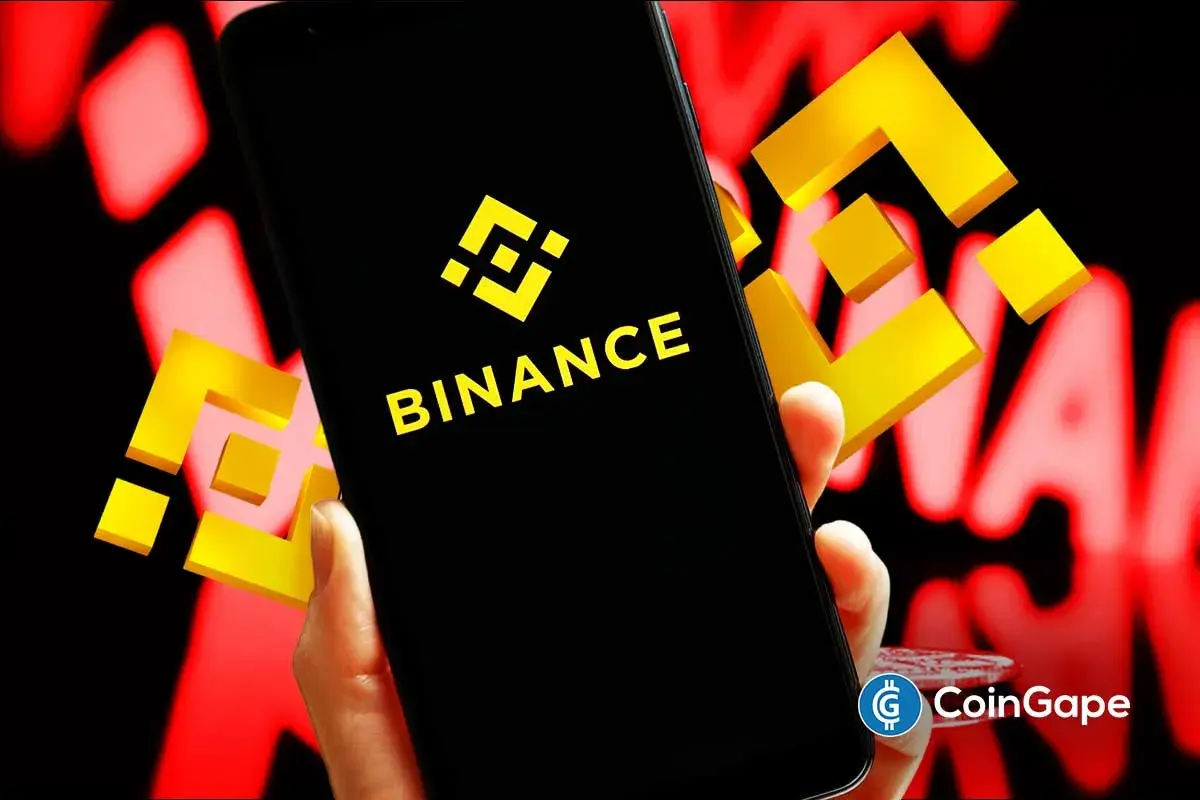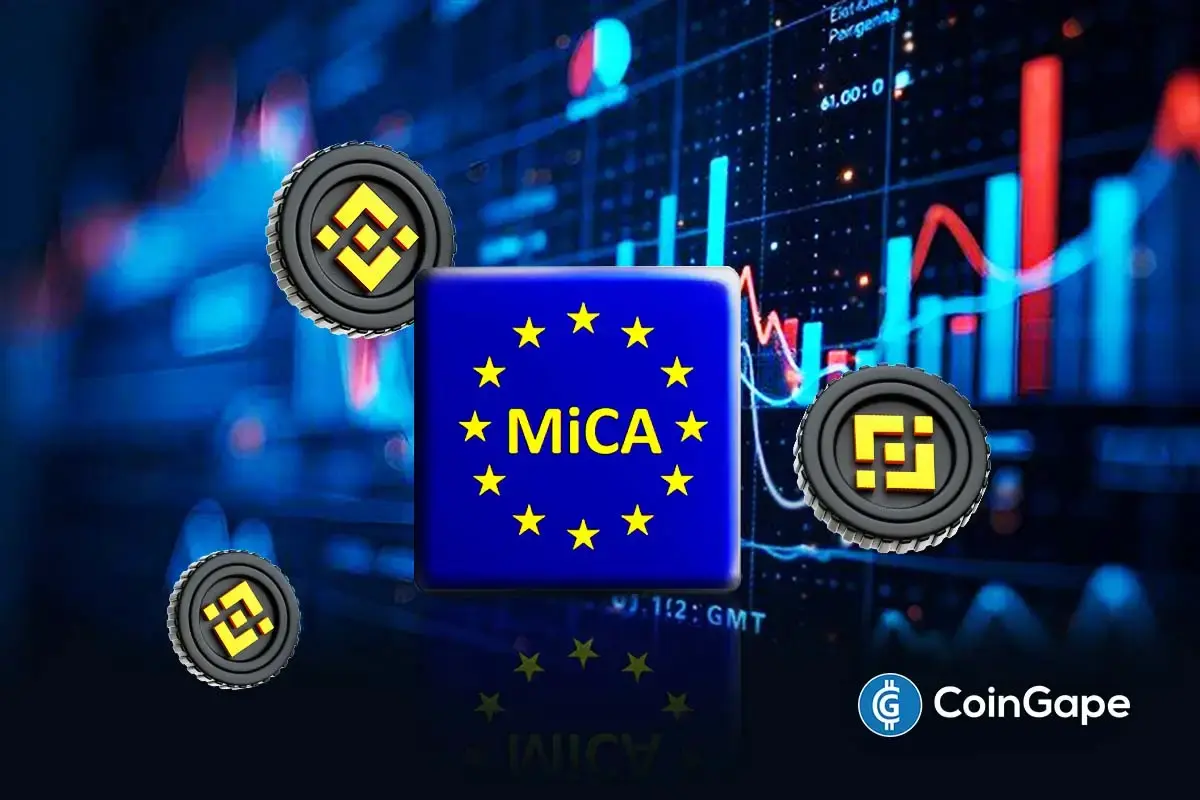Binance CEO Exposes New Crypto Scam

Changpeng ‘CZ’ Zhao, Binance Chief Executive Officer (CEO) has called the attention of the public to a new crypto scam strategy that was attempted on an experienced crypto trader recently.
According to CZ, the perpetrator was stopped before he could siphon up to $20 million from the leading cryptocurrency exchange. These scammers have adopted a new method of falsifying details in a way that is very convincing to unsuspecting customers.
Cybercriminals Attempts Different Crypto Scam Tricks
Before now, one of the strategies used by crypto traders to verify any wallet address before initiating a transfer is by confirming that the starting and ending letters of their wallet addresses are the same.
Most of the time, the middle part of the addresses are hidden and replaced with “…” to make the UI look better. However, CZ explained that hackers now generate wallet addresses in such a way that the same starting and ending letters are the same.
I want to share this (luckily) unsuccessful, but very clever and close scam incident from yesterday 👇. Saved $20m. Hope it may also save you one day.
The scammers are so good now they generate addresses with the same starting and ending letters, which is what most people check… https://t.co/DFpdX8aNay
— CZ 🔶 Binance (@cz_binance) August 2, 2023
Thereafter, “the scammer then use this address to send you dust transactions so that the address is shown in your wallet. Now, if you want to send to the legitimate address, you might just pick one previous transactions in your wallet and copy the address. You might just copy the wrong one,” the Binance CEO wrote in a Twitter post.
Crypto Trader Noticed a Transaction Flaw
In the case of the crypto trader that was almost a victim of this scam yesterday, he only noticed the irregularities right after he had initiated the transction.
Binance saved the day by swiftly requesting the Tether (USDT) to be frozen before the transaction was completed. Markedly, this does not imply that the funds will be handed right back to this crypto trader in question but it would not be released to the scammers either.
To reclaim his USDT, the trader will be required to fill a couple of documents including a police report then wait for all due diligence to be conducted. In response to the long tweet posted by CZ, one crypto Twitter users mentioned that rather than check just the starting and ending letters, he cross-checks the first three and the last three letters also. Zhao confirmed that doesn’t work any longer.
Such wallet breach are becoming more rampant in the crypto ecosystem. In June, Atomic Wallet warned users of a compromise on some of its wallets as this address assault appears to be a trend now.
- XRP and RLUSD Holders to Access Treasury Yields as Institutional-Grade Products Expand on XRPL
- Prediction Market News: Polymarket to Offer Attention Markets Amid Regulatory Crackdown
- How “Quiet Builders” Are Winning the Web3 Race
- XRP News: Ripple Taps Zand Bank to Boost RLUSD Stablecoin Use in UAE
- BitMine Keeps Buying Ethereum With New $84M Purchase Despite $8B Paper Losses
- Ethereum Price Outlook As Vitalik Dumps ETH While Wall Street Accumulates
- XRP Price Prediction Ahead of White House Meeting That Could Fuel Clarity Act Hopes
- Cardano Price Prediction as Bitcoin Stuggles Around $70k
- Bitcoin Price at Risk of Falling to $60k as Goldman Sachs Issues Major Warning on US Stocks
- Pi Network Price Outlook Ahead of This Week’s 82M Token Unlock: What’s Next for Pi?
- Bitcoin and XRP Price Prediction as China Calls on Banks to Sell US Treasuries















